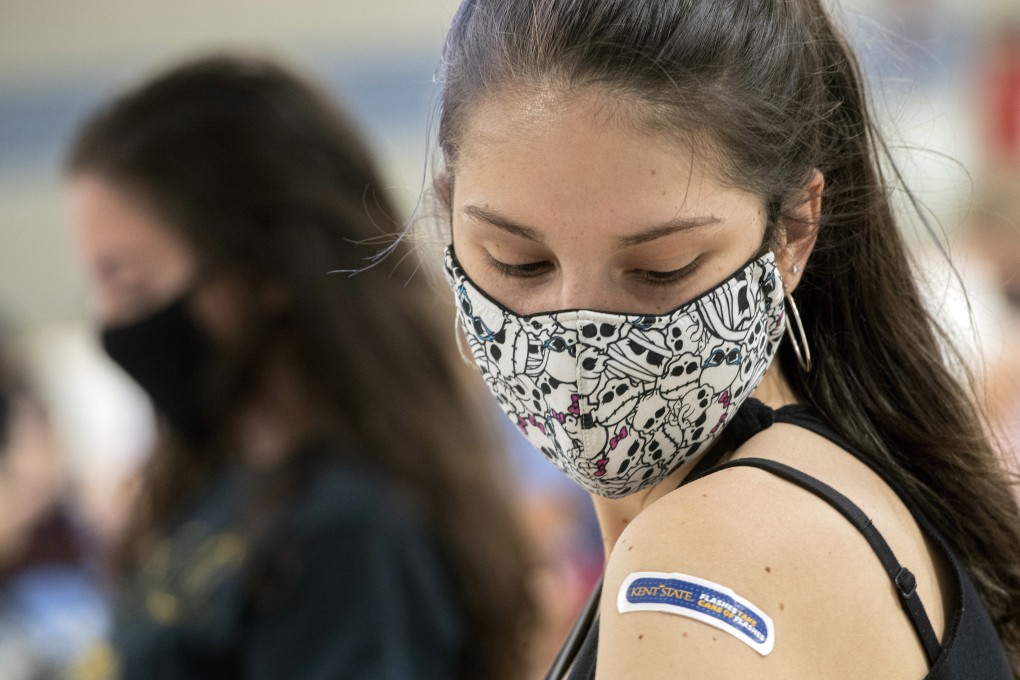Coronavirus: mixing AstraZeneca and Pfizer vaccines triggers more fatigue, headaches, Oxford study shows
- Patients who got one dose each of the two vaccines reported more short-lived side effects but no safety issues were found, early results showed
- The report comes as researchers and health officials examine strategies such as blending two different shots in the face of supply shortages

People who got a first dose of AstraZeneca’s shot followed by Pfizer’s vaccine four weeks later reported more short-lived side effects, most of them mild, researchers from the University of Oxford reported in The Lancet medical journal. That was also true when the order of the shots was switched.
Researchers and public health officials are examining strategies such as blending two different shots as many low- and middle-income nations try to figure out how to cope with vaccine scarcity.
Assurance that mismatched shots are still safe and effective would make it easier for governments to manage their stockpiles and provide more insight into a combination that’s already used in some countries.

02:01
China considers mixing Covid-19 vaccine types to boost effectiveness
In France, for instance, people who got a first dose of the AstraZeneca vaccine before the government restricted it to older patients are being offered the vaccine developed by Pfizer and BioNTech for their second injection.